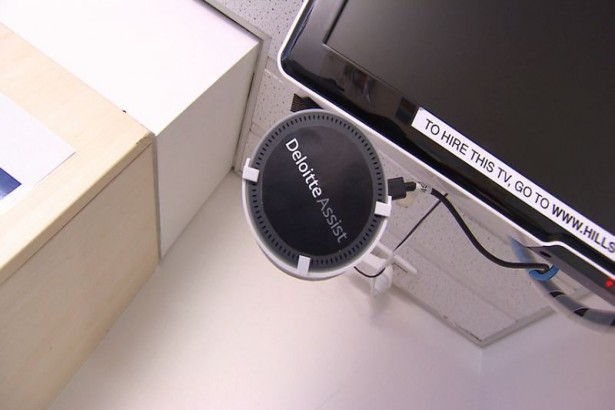02
Jul 2018
Innovative Voice Activation Device for Spinal Patients Makes Lives Easier
Published in General on July 02, 2018

Voice-activated devices are becoming more common in the tech world, with the likes of Siri proving popular. Now, a Sydney hospital has found yet another application of the technology, which is being used to help patients with spinal injuries.
For many of these patients, pushing a regular button isn’t always easy. Spinal patients find operating a push-button awkward, while other patients can’t risk a fall by getting out of their bed.
Until now, there have been no elegant solutions to this problem. However, The Prince of Wales Hospital in Sydney has implemented new voice-activated technology to address the issue. Initially, this technology is being made available to 26 patients who have been in the spinal unit for a long time.
All these patients have to do is ask for help using their voice, and the D.ASSIST smart speaker will relay the relevant information to the nurse's station, and to individual nurses via their mobile.
This innovative system can also do some basic triaging, by prioritising patients according to their problem.
One beneficiary of the new system is Michael Gray, a quadriplegic following a quad bike accident.
“It’s excellent for me because I’m an incomplete quad which means I don’ have hand function very well – so I can’t use any of the buttons and I can’t hold a lot of the control systems.” He said. “This allows me to voice activate so I can get the iPod, I can stream music, obviously call nurses.”
The Acting Nurse Unit Manager was also enthusiastic. “With the previous buzzer, we don’t know what the patient wants.”
“The idea came from personal experience. When my father was in hospital, we saw how the traditional systems didn't work and that's my background – redesigning systems like this," said device creator Robert Spittle. “This is a game changer for us.”
The intention is to roll the D.ASSIST out to other hospitals and facilities, such as care homes and assisted-living facilities.
General Manager of The Prince of Wales Hospital, Tobi Wilson, is cautiously optimistic, “We're also in the process of designing a new hospital that we'll move into in 2022. We want to test new technology to make sure we're building the right hospital for the future."
“It has been really well received by both our patients and our frontline staff and nurses love it, they get much more information about what the patient's need," he continued.
The Prince of Wales Hospital Foundation funded this pilot project.









